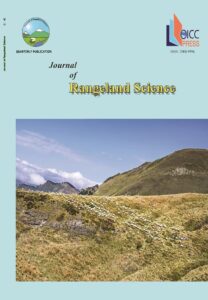Transformational Change in Environmental and Natural Resource Management
Authors
- John Leake * 1
Abstract
It is widely agreed the Anthropocene has seen an unprecedented decline in the natural resources conditions that have underpinned the economic growth of the last few hundred years. As communities, we have not responded to Boulding’s vision of ‘the coming space ship earth’ although not for want of much official and private effort. As ‘wicked problems’ the impacts have been often ignored or off loaded to policy makers, with mixed success.
As this book describes, a key difficulty for policy makers is articulating a compelling narrative while the changes needed to ‘transform’ the situation can occur. Transformational change, like innovation, suffers from the ‘shock of the new’, there are few pointers to success and the links between cause and effect are often widely separated in time. The changes needed are often ‘public goods’ and not easily converted into financial benefits that might motivate individual action.
The book arose from a conference organised by Young while he held the Gough Whitlam and Malcom Fraser Chair of Australian Studies at Harvard. It was funded by the Harvard Centre for the Environment in the context of the need for water reform in the then context of drought in Western USA. Young bought his experience to bear, plus that of many Australians from other domains (including ex-Prime Minister Kevin Rudd) to illustrate lessons of success and failure. Readers will find authoritative dissections of our climate change policy machinations, the ‘Pink Batts’ fiasco, drought policies over time and the un anticipated benefits derived from Landcare.


